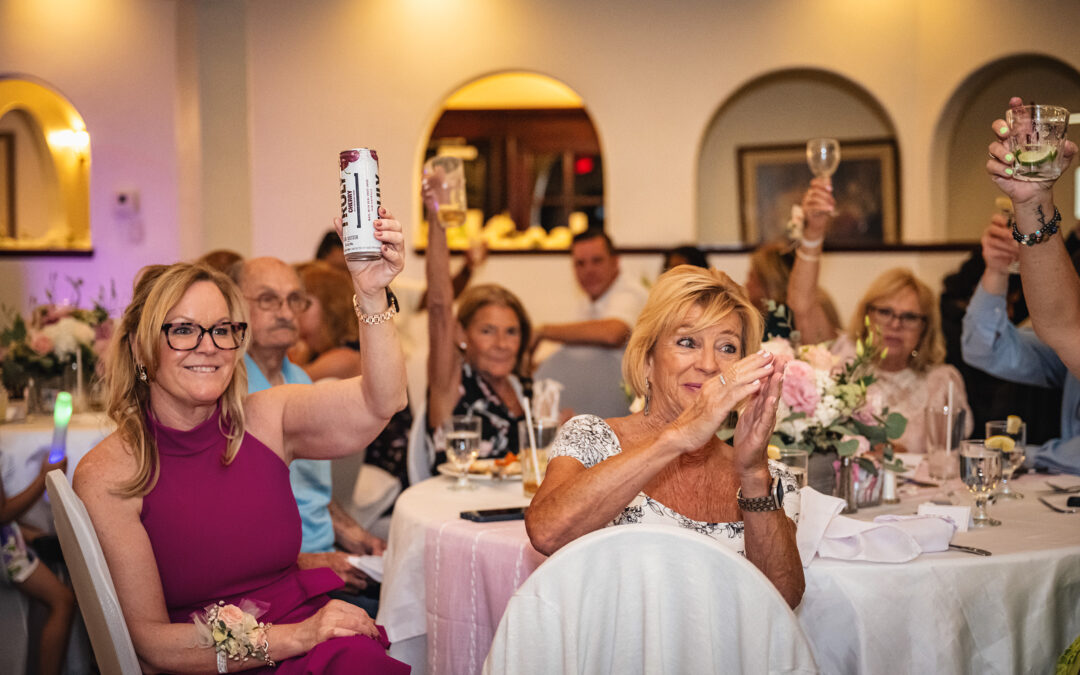No matter who you are, statistically you probably know at least one person who got back botched wedding photos. After all of the stress, energy and money they spent planning the most important day of their lives, now they can’t even reminisce on it without getting upset.
The photos are too dark, overexposed, blurry…if you’re someone who is getting married, just the thought of it happening to you is probably giving you goosebumps.
Case in point: my friend and her wife had (spoiler: notice the had, not have) a friend of theirs shoot their wedding. Her claim to me was “she took 1600 pictures and we maybe got 9 back.” So, not only did their friend egregiously overshoot, but less than 1% of them were acceptable. The rest were either too dark, too bright, out of focus…you get the idea.
And acceptable is a loose term here…because I’ve seen the “acceptable” ones, and they still aren’t great. At least from a pro’s point of view. Worse still: they told all of their family and friends to not take pictures with their phones in order to not get in the way of the photographer.
Red Adair once said, “If you think it’s expensive to hire a professional to do the job, wait until you hire an amateur.” Let that sink in.
The first mistake was bringing the F word (no, not that one) into the equation for your wedding photos: friend. Now granted, using someone you know is fine. There’s that existing sense of trust and familiarity. What must be stressed is that there’s a significant difference of “my friend that has a camera” verses “my friend that is a professional photographer.”
If you cut corners and end up like her and her wife, you’re going to be kicking yourself forever with that botched album staring and taunting you in the face. As I always say: there are no do overs when it comes to events.
Moreover, even if you hire a pro, for your peace of mind, it doesn’t hurt to ask them about their redundancy practices.
In this scenario, redundancy means what precautions they take to help prevent failures. As an IT professional by day, redundancy is a methodology we have to follow to ensure our systems can continue to function when inevitable failures arise. Without adding too much jargon, things you can ask include:
-
- Does your camera back up to a second SD card?
- Do you have backup batteries?
- What happens if you can’t make it to the event? Do you have a backup photographer?
There’s plenty more of course, but those three are some of the most common. Higher-end cameras have two slots that can instantly copy the picture to the second card every time one is taken. While card failure is rare…it does happen. It’s also pertinent to make sure they have at least two batteries if your event is going to be all day. Some photographers also have a network of other photographers on speed dial (remember that?) if life happens and they can’t make an event.
Naturally, if you voice some of these concerns to your photographer, they’ll elaborate their redundancy practices on a deeper level than the outline above.
But the key takeaway is: ask them if you’re feeling uneasy about it. For a pro, everything listed above (and more) is a no-brainer. But asking will give you peace of mind in that you won’t end up like my friends.
